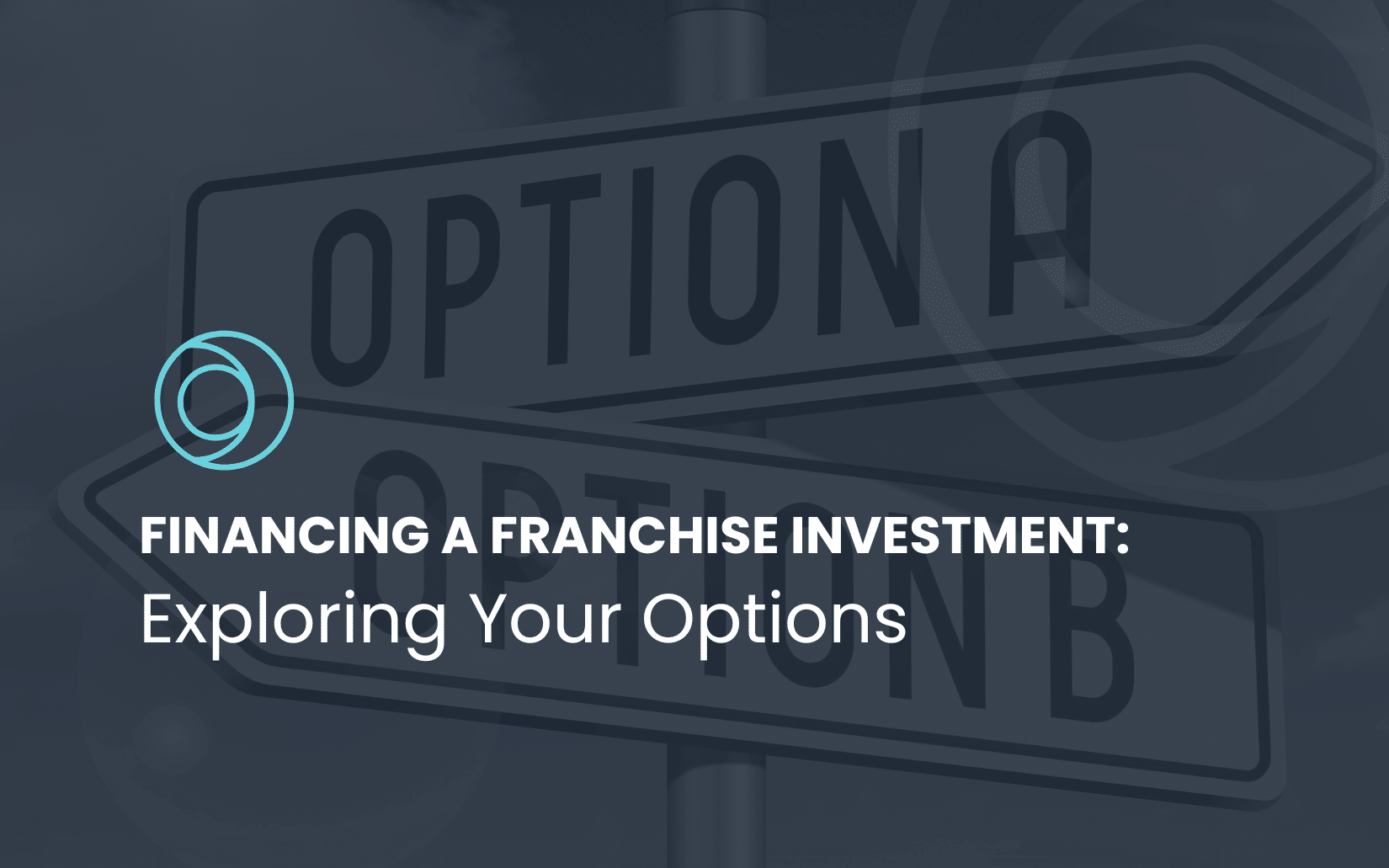For many aspiring entrepreneurs, investing in a franchise can offer a reliable path to business ownership—combining the independence of running your own operation with the proven systems of an established brand. Yet, even the most lucrative opportunity may require a significant upfront financial commitment. This is where financing comes in. In this article, we’ll explore common financing options, key considerations, and practical tips to help you secure the capital needed to fund your franchise venture.

Understanding the Costs Involved
Before diving into financing strategies, it’s essential to understand the typical costs you’ll face as a new franchise owner. These can include:
- Franchise fee: A one-time cost granting you the right to operate under the franchisor’s brand.
- Initial setup and equipment: Expenses for site build-outs, furniture, technology, and signage.
- Inventory: The products or supplies needed to serve customers from day one.
- Marketing fees: Many franchisors require contributions to a national or regional advertising fund.
- Working capital: Cash on hand to cover day-to-day operating expenses, especially during the startup phase.
Having a clear picture of your total investment helps you determine how much financing you need and which funding sources might best suit your situation.
Common Financing Options
1. SBA Loans (Small Business Administration)
How It Works
- The SBA partially guarantees loans issued by approved lenders, reducing the risk for banks and making them more likely to lend to small businesses.
Pros
- Lower down payment requirements and competitive interest rates.
- Longer repayment terms can help with cash flow management.
Cons
- Application process can be lengthy and paperwork-intensive.
- You usually need a strong credit history and collateral.
2. Traditional Bank Loans
How It Works
- You approach a bank for a commercial loan. The institution evaluates your creditworthiness, financials, and business plan.
Pros
- Potentially straightforward for franchise brands with strong name recognition, as banks see them as lower-risk.
- Can be more flexible than SBA loans depending on the bank’s terms.
Cons
- Requires solid personal credit, collateral, and possibly a proven track record in business.
- May involve higher interest rates or shorter repayment terms compared to SBA loans.
3. Franchisor Financing
How It Works
- Some franchisors offer in-house financing or partner with preferred lenders. They may help cover the franchise fee or other startup costs.
Pros
- Streamlined approval process since the franchisor knows the costs and revenue potential of the business model.
- Demonstrates the franchisor’s commitment to your success.
Cons
- Terms and interest rates vary widely; not all franchisors provide favorable loan conditions.
- This option might only cover certain parts of your investment.
4. 401(k) / IRA Rollover (ROBS)
How It Works
- Rollovers as Business Startups (ROBS) let you use retirement savings to invest in a business without early withdrawal penalties or taxes.
Pros
- Can start the business debt-free if you have enough retirement funds.
- Potentially faster than securing a traditional loan.
Cons
- Complex legal and tax considerations; professional setup is crucial.
- Risky to dip into your retirement funds—if the business fails, your nest egg could be severely depleted.
5. Alternative Lenders
How It Works
- Online lenders or fintech companies may offer short-term loans, merchant cash advances, or lines of credit.
Pros
- Faster approvals, often within days.
- Flexible criteria for borrowers with lower credit scores.
Cons
- Higher interest rates and fees can make this an expensive option.
- Shorter repayment terms can strain cash flow.
What Lenders Look For
Whether you opt for an SBA loan or another route, most lenders will scrutinize these factors:
1. Credit Score
-
- Lenders want to see solid personal credit, indicating you’ve managed debt responsibly.
2. Business Plan & Financial Projections
-
- A thorough pro forma with realistic revenue and expense forecasts demonstrates you understand your industry and the franchise model.
3. Collateral & Down Payment
-
- Assets such as real estate or cash reserves may be required as security.
4. Industry & Franchise Brand Strength
-
- Well-known, proven franchises often have an easier time securing loans because lenders perceive them as lower risk.
Tips for Successful Financing
1. Get Your Financial House in Order
-
- Pull your credit report and address any issues. Lenders often prefer to see personal debts under control before extending business credit.
2. Draft a Solid Business Plan
-
- Include detailed market research, a marketing strategy, and a break-even analysis. The more thorough, the better your odds of approval.
3. Leverage the Franchisor’s Experience
-
- Many franchisors have data on typical costs, average revenues, and ramp-up periods. Use this information to validate your projections.
4. Explore Multiple Options
-
- Don’t settle for the first financing offer. Compare interest rates, fees, and repayment terms from different lenders to find the best fit.
5. Seek Professional Guidance
-
- An accountant, franchise consultant, or attorney can offer insights into the best financing structure for your personal situation.
Conclusion & Call to Action
Financing a franchise investment doesn’t have to be a barrier to entrepreneurship. From SBA loans and traditional bank financing to franchisor options and retirement account rollovers, there’s a range of avenues available to secure the funding you need. The key is to do your research, present a compelling business case, and choose the strategy that aligns with your financial situation and risk tolerance.
Need personalized advice on securing funding for your franchise? Feel free to choose a time to talk for guidance on selecting the right financing method and preparing a solid application. By laying a strong financial foundation, you’ll position your franchise for long-term success.

Recent Comments